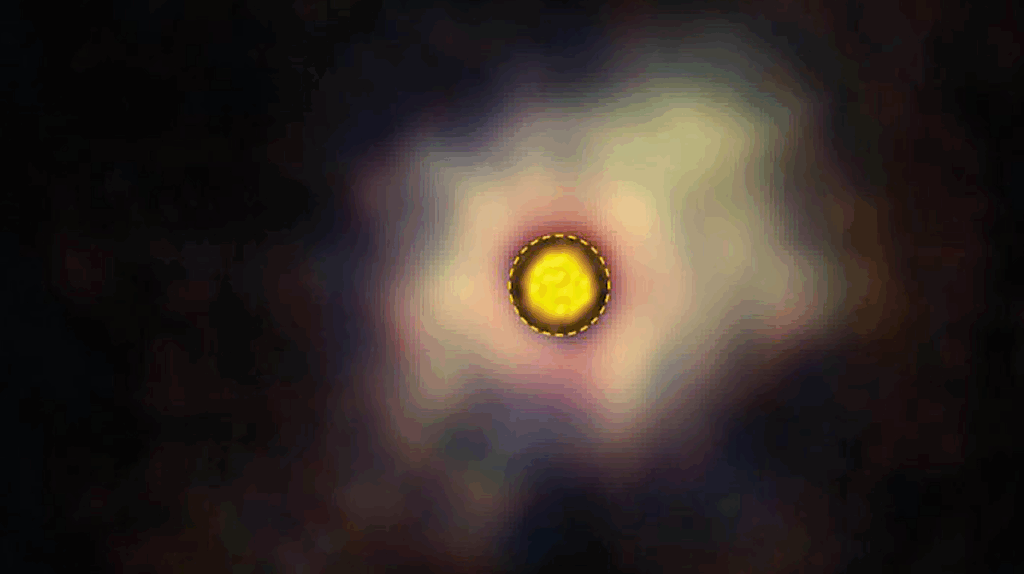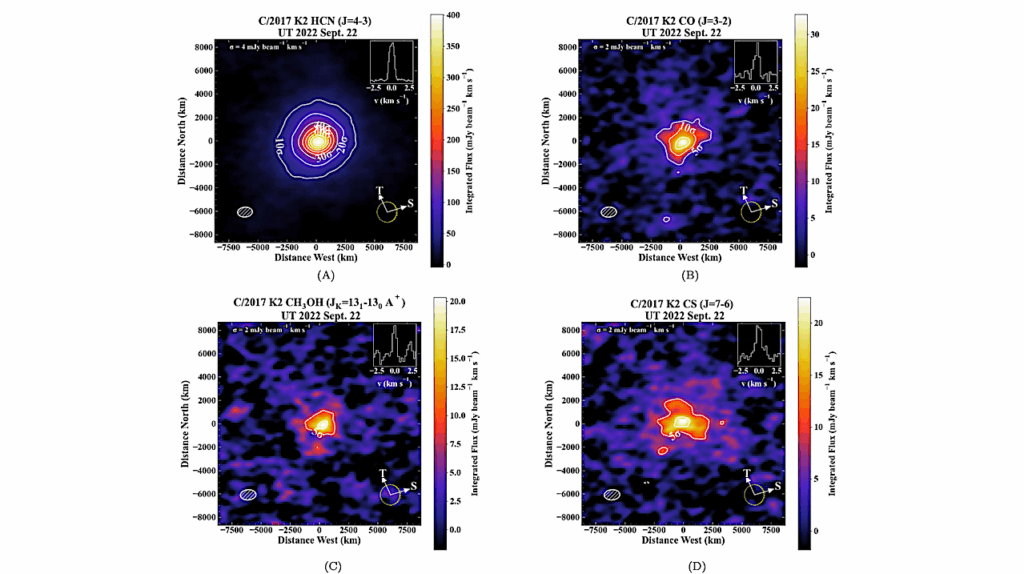Meteorites and Planet Formation

Meteorites are a remarkable resource. They capture the imagination of people worldwide with their spectacular entry through Earth’s atmosphere as fireballs, and their exotic character of being pieces of other worlds.
Scientifically, they are critical to interpreting the early stages of formation of the Solar System, as well as the geological evolution of asteroids, the Moon, and Mars, and they are vital to understanding planetary formation processes.
With the burgeoning exploration of extrasolar planetary systems, knowledge of the fundamental process of planetary growth from protoplanetary disks has taken on a new significance. Meteorites provide essential and detailed insight into the formation of planetary systems, although we must bear in mind that they only represent one reference point (our own Solar System) in what is clearly a wide spectrum of possible chemical and physical parameters governing the diverse realm of extrasolar planets.
This chapter summarises the nature of our meteorite collections, and the ways in which meteorites contribute to our understanding of the formation and evolution of our own Solar System, with broader implications for planetary systems in general.
Rhian H. Jones
Comments: Chapter 4 accepted for publication in the Reviews in Mineralogy and Geochemistry (RiMG) Volume 90 on “Exoplanets: Compositions, Mineralogy, and Evolution” edited by Natalie Hinkel, Keith Putirka, and Siyi Xu; 15 pages and 7 figures
Subjects: Earth and Planetary Astrophysics (astro-ph.EP); Solar and Stellar Astrophysics (astro-ph.SR); Geophysics (physics.geo-ph)
Cite as: arXiv:2404.15424 [astro-ph.EP] (or arXiv:2404.15424v1 [astro-ph.EP] for this version)
Submission history
From: Rhian Jones [via Natalie Hinkel as proxy]
[v1] Tue, 23 Apr 2024 18:18:48 UTC (1,569 KB)
https://arxiv.org/abs/2404.15424
astrobiology








